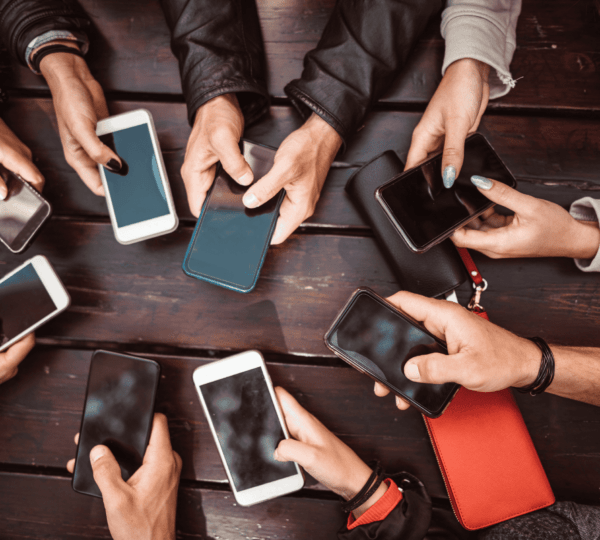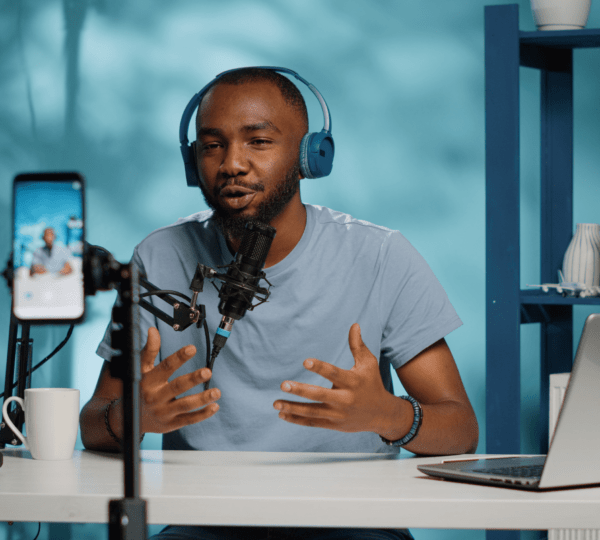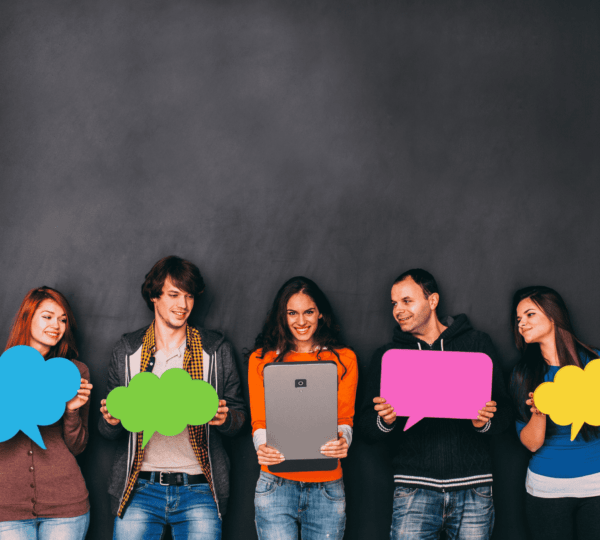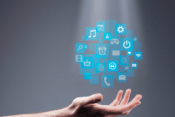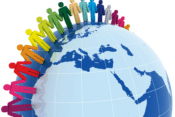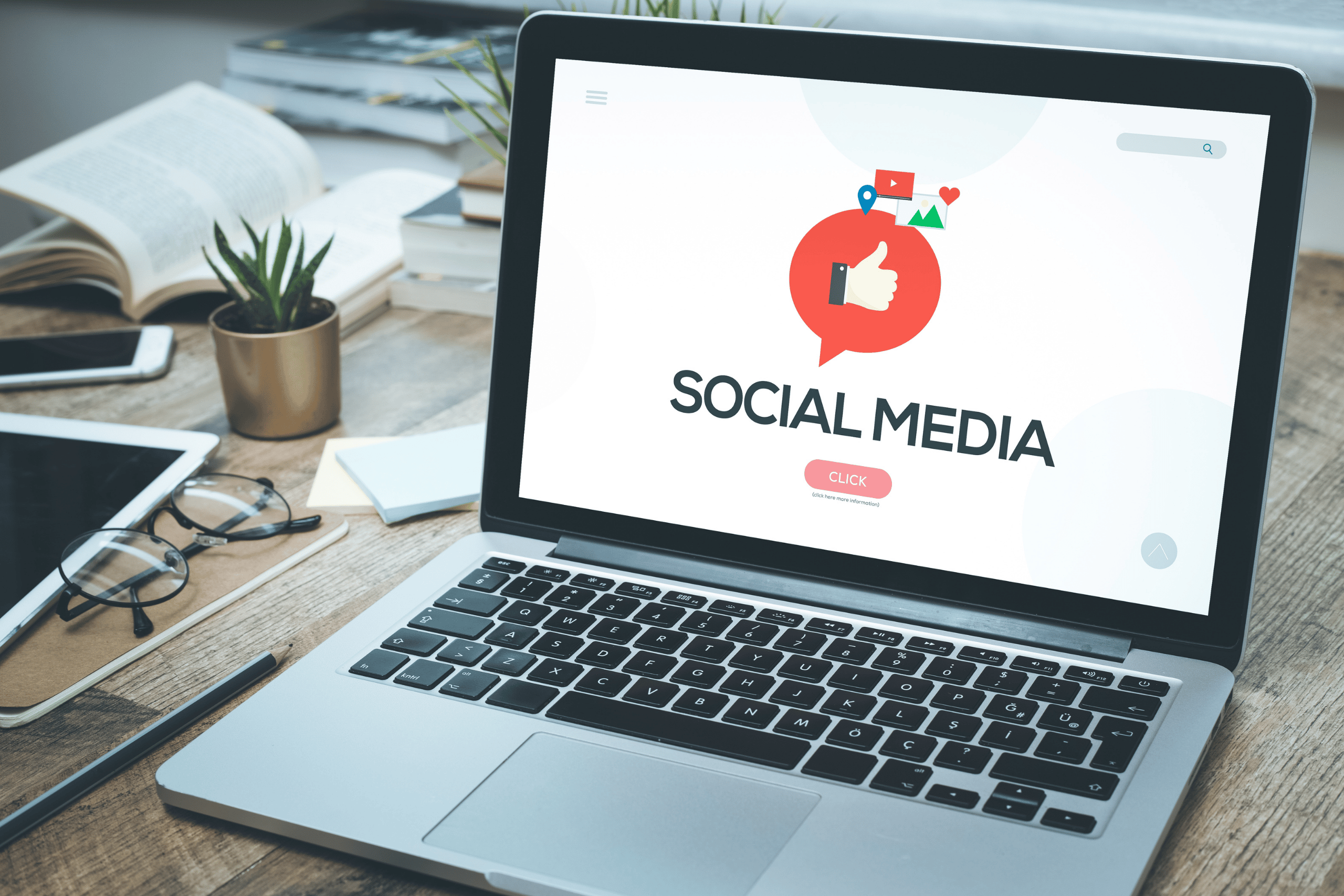
The Benefits and Drawbacks of Social Media: A Personal Perspective
I was scrolling through my feed the other day, mindlessly tapping away, when I stumbled upon a post about a lost dog. A simple plea, a photo, and a heartfelt message. I didn’t know the person, nor did I live in their neighborhood. But something compelled me to share the post. A few hours later, the dog was found, thanks in part to the power of social media.
It was a small act of kindness, but it got me thinking about the profound impact of social media on our lives. This seemingly simple platform has revolutionized the way we connect, communicate, and consume information.
While social media connects us with people across the world, it also introduces a whole host of new challenges, from misinformation to mental health impacts.
In this post, we will explore the benefits and drawbacks of social media, considering both its positive impact and the potential risks. We’ll also look at expert opinions, recent studies, and some popular research on this topic.
The Benefits of Social Media
- Connecting with Others Social media’s most obvious benefit is its ability to connect people. Whether it’s family members across the globe or friends you haven’t seen in years, platforms like Facebook, Instagram, and Twitter make it easy to maintain relationships, share updates, and stay in touch.
One of the most heartwarming stories I’ve read recently comes from The New York Times, where an individual shared how reconnecting with a long-lost sibling through social media changed their life. Platforms such as Facebook and LinkedIn have helped people find old friends, connect with new professional contacts, and even reunited families separated by distance.
- A Platform for Education and Awareness Social media has also proven to be a valuable tool for spreading education and raising awareness. Organizations, communities, and individuals have used platforms to share educational content, highlight important causes, and offer support. For example, during the COVID-19 pandemic, Twitter and Instagram became vital sources of real-time information about health guidelines and updates.
According to research published in The Journal of Social Media in Society, social media plays a significant role in information dissemination during global health crises. It allows for quick updates and the ability to combat misinformation faster than traditional media channels could.
- Opportunities for Business and Marketing For businesses, social media has revolutionized marketing. Platforms like Instagram, Facebook, and YouTube offer companies a way to advertise directly to their target audience. Small businesses can now reach customers in ways that were previously reserved for larger corporations. Entrepreneurs can showcase their products, share reviews, and run advertising campaigns—all on a shoestring budget.
- Creative Expression and Community Building Social media has given rise to a new wave of creativity. YouTube and TikTok allow people to showcase their talents, from makeup tutorials to DIY projects to gaming. The ability to share creativity with others has built entire communities, with users supporting and engaging in each other’s work.
According to Dr. Tanya Byron, a clinical psychologist and expert on the psychology of social media, social media platforms provide a “unique space” where individuals can express themselves creatively, form communities, and find belonging. In her work, she notes that “these communities can offer both emotional support and a platform to raise awareness about various causes.”
The Drawbacks of Social Media
- Mental Health Concerns While social media has many benefits, it’s also been linked to a range of mental health issues. The most common concerns include anxiety, depression, and feelings of inadequacy. A 2019 study published in the American Journal of Epidemiology found that social media usage, especially passive consumption, is associated with higher levels of anxiety and depression.
People often compare their real lives to the curated lives they see on Instagram or Facebook. The highlight reels others post can make individuals feel isolated, like their lives are less exciting, or they aren’t measuring up.
- Spread of Misinformation One of the most significant drawbacks of social media is the rapid spread of misinformation. While social media platforms have made strides in combating false information, the sheer volume of content makes it a difficult task. From fake news stories to misleading health tips, misinformation can travel quickly and harm individuals or society as a whole.
In fact, a 2021 study by the Pew Research Center found that 64% of Americans believe that social media platforms are “poorly managed” when it comes to handling misinformation. False health claims, conspiracy theories, and misinformation about global events can spread faster on these platforms than factual information.
- The Privacy Issue Social media platforms collect massive amounts of data from users. This data is often used for targeted advertising or sold to third-party companies. Despite privacy regulations in place, such as the GDPR in Europe, many social media users remain unaware of the extent to which their personal information is collected, shared, and used.
According to The Guardian, data breaches and privacy scandals have raised serious concerns about the security of personal data on platforms like Facebook and Instagram. In 2018, Facebook was involved in the Cambridge Analytica scandal, where the data of millions of users was harvested without consent. This is a reminder that privacy remains a significant concern for social media users.
- Addiction and Time Wastage It’s no secret that social media can be addictive. Platforms are designed to keep you engaged for as long as possible, with endless scrolling, likes, and notifications. Research published in Psychology Today suggests that the dopamine-driven feedback loops created by social media platforms can lead to addictive behaviors, with users checking their phones constantly.
This addiction can cause a loss of productivity, disrupted sleep patterns, and even physical health issues like eye strain. Many people find themselves wasting time on social media, often without realizing how much time has passed.
Dr. Andrew Przybylski, a psychologist at the University of Oxford, notes that “the key issue isn’t just the amount of time spent on social media but how people use it. Passive consumption of social media, especially viewing others’ posts without interacting, is more likely to lead to negative feelings.”
Navigating the Digital Landscape: A Balanced Approach
To reap the benefits of social media while minimizing the risks, it’s essential to adopt a balanced and mindful approach:
- Set Boundaries: Establish clear limits on your social media usage to avoid excessive screen time and maintain a healthy work-life balance.
- Be Mindful of Your Online Presence: Think carefully about the content you share and the information you disclose. Protect your privacy and avoid oversharing personal details.
- Practice Digital Citizenship: Be kind and respectful to others online. Avoid engaging in cyberbullying or spreading harmful misinformation.
- Stay Informed and Critical: Be aware of the potential biases and limitations of social media algorithms. Verify information from multiple sources and critically evaluate the content you consume.
- Seek Support: If you’re struggling with social media-related issues, such as cyberbullying or addiction, don’t hesitate to seek help from trusted friends, family, or mental health professionals.
Conclusion
Social media is both a blessing and a curse. It connects us, informs us, and allows us to express ourselves in ways we never could before. But it also brings with it risks, from mental health issues to the spread of misinformation. By striking the right balance and using social media mindfully, we can reap its benefits while avoiding its pitfalls.
Call to Action: What’s your experience with social media? Have you experienced its positive or negative effects? Share your thoughts in the comments below, or feel free to share this post with someone who might benefit from it!
References
- The New York Times
- Journal of Social Media in Society
- The Guardian
- Pew Research Center
- American Journal of Epidemiology
- Psychology Today
- Dr. Tanya Byron, Clinical Psychologist
- Dr. Andrew Przybylski, University of Oxford

